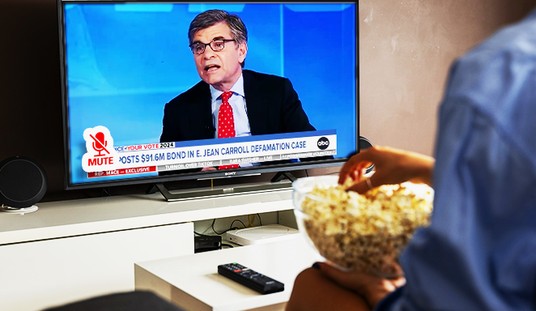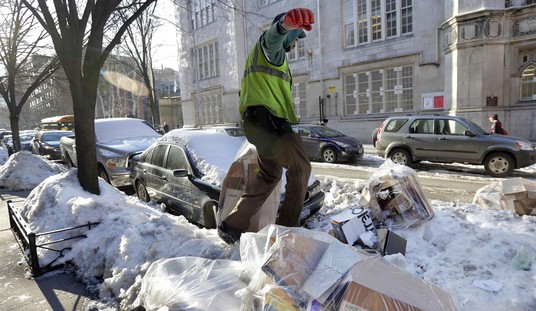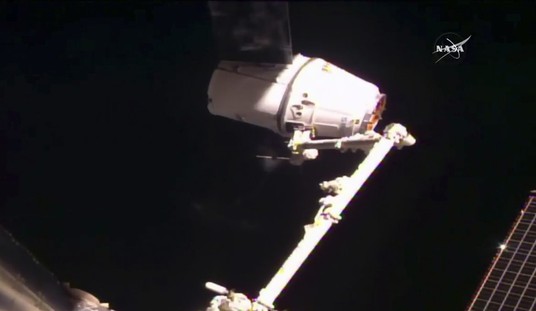President Francois Hollande told reporters at the UN that French warplanes struck Islamic State targets in Syria for the first time because ISIS “threatened the security of our country.”
France has a modest role in the air campaign against ISIS in Iraq and had been giving material support to some rebels in Syria, including the Kurds. But with Russia now active militarily in Syria, Hollande apparently believes it’s time for France to take a hand in the conflict.
He said six fighter jets had destroyed their targets near Deir ez-Zor and that more operations could take place in coming weeks to protect France and Syrian civilians.
France had feared strikes in Syria could be counter-productive and could strengthen President Bashar al-Assad, who has been fighting a rebellion against his rule since 2011.
However, France was shaken by a series of deadly attacks by Islamist militants this year, including the killing of 12 people at the office of the satirical weekly Charlie Hebdo in January.
In addition, Paris has become alarmed by Islamic State gains in northern Syria and the possibility of France being sidelined in negotiations to reach a political solution in Syria.
A French diplomatic source said Paris needed to be one of the “hitters” in Syria — those taking direct military action — to legitimately take part in any negotiations for a political solution to the conflict.
U.S. Secretary of State John Kerry is trying to launch a new initiative for a political solution in Syria during meetings in New York this week, diplomats said.
Hollande said he would support those efforts and France would hold bilateral meetings throughout the week with key players in the Syria crisis before a summit with Russian President Vladimir Putin in Paris on Friday.
“France doesn’t sideline anybody, but the future of Syria cannot pass through President Bashar al-Assad,” he said.
Two French diplomatic sources said the idea of creating a buffer zone in northern Syria was one issue that could be discussed over the coming days.
“It’s one of the parameters being looked at,” one source said.
There’s been a flurry of diplomatic activity these past two weeks as Russia’s intervention and the refugee crisis in Europe have fueled a new effort to find some way out of the morass that Syria has become. It won’t be easy. There are so many different actors, with factions uniting briefly only to be fighting each other days later. Al-Nusra, al-Qaeda’s affiliate in Syria, has an on again, off again alliance with the Islamic State. Free Syrian Army has a similar relationship with al-Nusra. And there are a half dozen jihadist militias of varying sizes and abilities who are apparently fighting everybody.
Kerry met with Russian Foreign Minister Lavrov in New York and the two men discussed the dangers of Russian intervention. Russia has several anti-aircraft units at their new air base, even though ISIS has no air force.
“It was a very thorough exchange of views on both the military and the political implications of Russia’s increased engagement in Syria,” a senior U.S. official told reporters on condition of anonymity, adding that the meeting was to prepare for talks between the U.S. and Russian presidents on Monday.
“They discussed the need not simply to de-conflict but, if possible, to get back to the conversation about a way forward on a political transition,” the official added. “They did discuss various ways to look at that.”
De-conflict is a diplomatic term for avoiding unintended incidents or accidents between different military forces operating in the same theater.
Russia has indicated they would be open to a political solution that does not include Assad. But no one doubts that the Russians will see to it that any replacement for him will be just as pro-Russian.










Join the conversation as a VIP Member